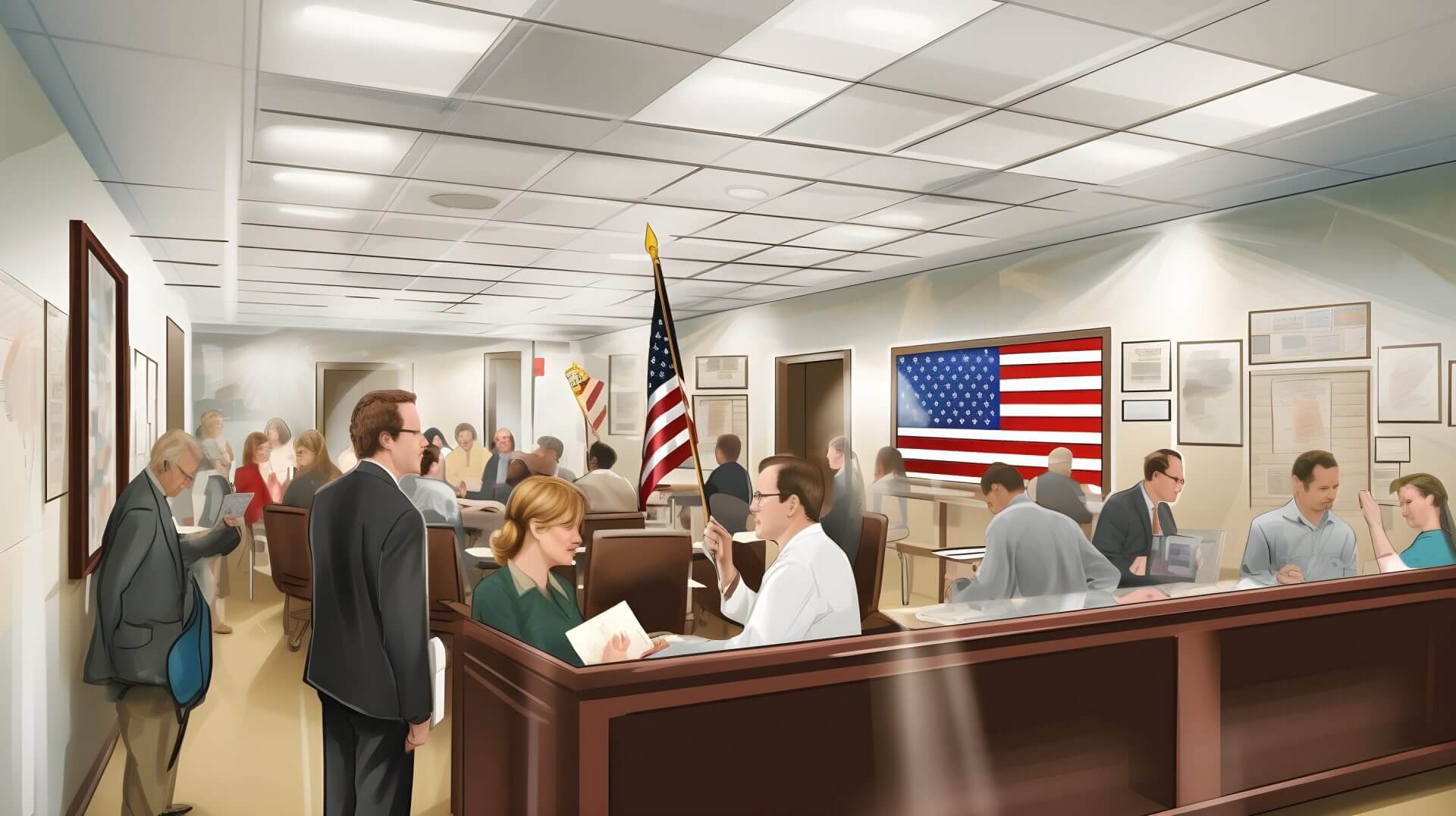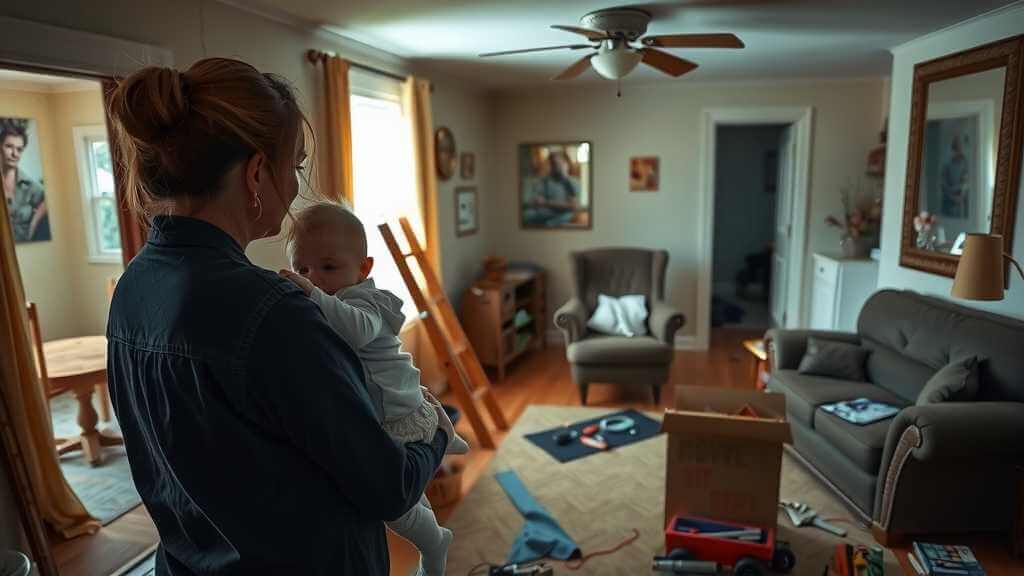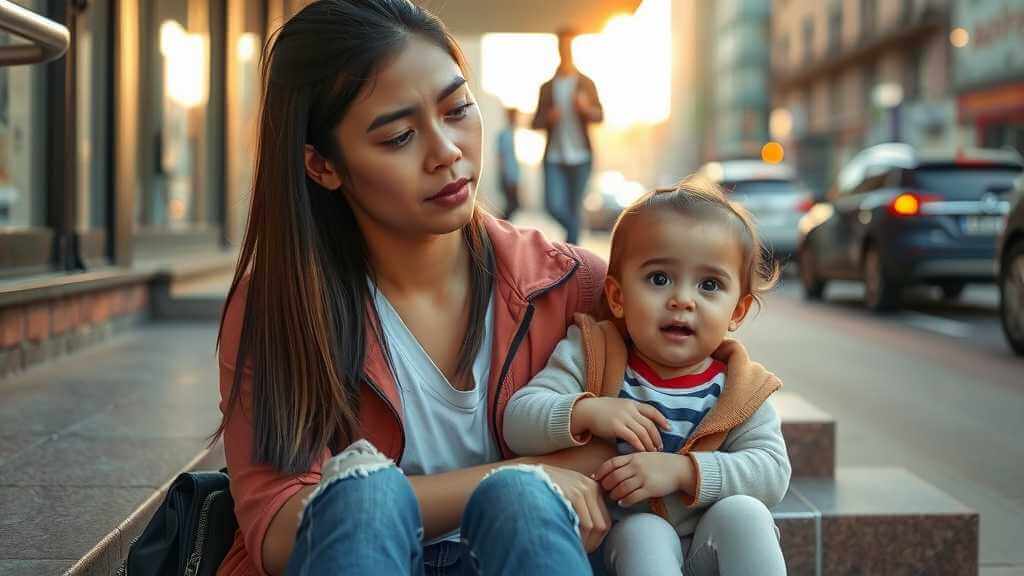The most important step in the consular process is the interview between the applicant and an officer of the U.S. consulate or embassy. This is no more and no less than the moment when it is decided whether your application is accepted or rejected. For this reason, today we will see everything you need to know to face your consular interview.
Visa and/or residency applications through the consular process are not easy. The process can be tough and time consuming, in addition to other difficulties such as gathering and filling out the necessary documentation. But do not despair. At Zava Immigration Law Group we can help you. Tell us your case today and take the first step towards your American dream.
Table of Contents
What is the Consular Interview?
The consular interview is a stage of the consular process in which the applicant is interviewed by an officer of the U.S. embassy or consulate. The documentation submitted is reviewed, fingerprints are taken and the veracity and coherence of the answers are evaluated to determine eligibility.
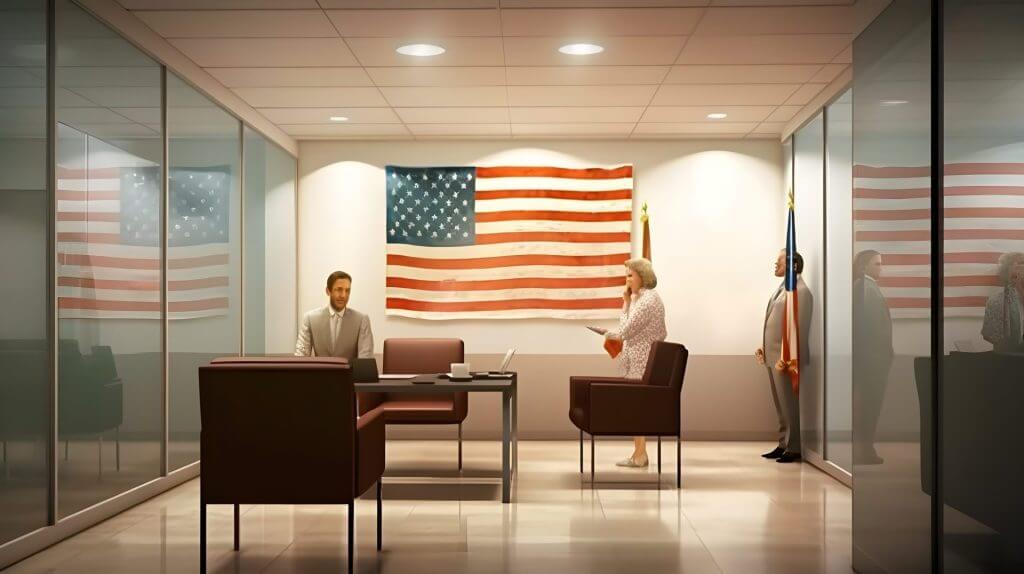
Whether you are seeking residency or a visa, this is a critical step in the success of your application. Therefore, it is important to have the assistance of an attorney to help you prepare for the consular interview. At Zava Immigration Law Group we are here for you. Contact us and ensure the success of your application.
Consular Interview Process
The consular interview process consists of four steps. These are:
Step 1: Security Check
Upon arrival at the embassy or consulate, a security check is performed to ensure the integrity of the process. In this first instance you must simply follow the instructions of the officers in charge.
Step 2: Application Process
Once the security check is completed, the applicant must appear before the consular staff, who will review your visa application and the required documentation. It is essential that you have your documents in order and prepared for this review, as any mistake could delay or even truncate your application.
Step 3: Fingerprints
As part of the identification process, the applicant is then fingerprinted. This step is crucial to verify your identity and ensure the integrity of the process, so you must cooperate with the consular authorities.
Step 4: The interview with the Consular Officer
Finally, the consular officer interviews the applicant and, if applicable, his or her family members (beneficiaries). The consular interview itself evaluates the truthfulness and consistency of the applicant’s answers regarding his or her travel plans and purpose of visit, thus determining whether he or she is eligible to receive a visa or U.S. residency.
The consular interview is the point at which your eligibility for any visa and/or residency is decided. For this reason, having the help of an attorney to prepare and gather the necessary documentation is essential. At Zava Immigration Law Group we are here for you. Contact us and ensure the success of your consular process.
Documentation required for the Consular Interview
For the consular interview you must present the following documentation:
- Appointment Letter: The Notice of Appointment for Interview issued by the NVC.
- Passport: Each applicant must present a valid passport with a minimum validity of six months from the intended date of entry into the United States.
- Photographs: Two identical photographs of each applicant that meet the general requirements for photographs.
- Form DS-260 confirmation page.
- Supporting Documents: Submit originals and certified copies of all documents uploaded to the CEAC.
- English translations: If you have documents in another language or if English translations of your documents were not uploaded into the NVC system, you must obtain and present them on the day of the consular interview.
It is important to note that failure to submit all required documents may cause delays or even denial of your visa. Therefore, it is advisable to seek the advice of an immigration attorney to help you gather the necessary documents. At Zava Immigration Law Group we are here to help you. Contact us and let’s get your paperwork in order.
Questions you may be asked in the interview
The questions you may be asked at a consular interview vary depending on the type of visa or green card category for which you are applying. However, in the following table you will find some of the most common questions in this process:
| Question | Expected Answer |
| What is the purpose of your trip to the United States? | The applicant is expected to describe in detail the plans for his or her visit, whether for tourism, work, study or other reason. |
| How long do you plan to stay in the country? | U.S. immigration officials seek to ensure that the applicant has a clear and reasonable plan for their stay. |
| Do you have relatives in the United States? | Family connections are used to evaluate possible ties and motivations of the applicant. |
| Where will you be staying? | This question is intended to ensure that the applicant has a safe and suitable place of residence during his or her visit. |
| Who will pay for your travel expenses? | Each applicant is expected to have sufficient financial resources to cover the cost of their stay or, failing that, a declared sponsor. Bank statements or proof of income may also be required. |
| What is your current employment situation? Do you intend to seek employment in the U.S.? | This is one of the most sensitive questions for applicants, and the positive answer will depend on the visa category selected. |
| Can you provide supporting documents to back up your application? | Officials may request the presentation of letters of invitation, proof of employment, financial documents, among others, to support the process. |
Tips for a Successful Consular Interview
As mentioned above, the specifics of a consular interview vary depending on the type of visa and green card category for which you are applying. However, there are a few things you can do to facilitate your success. Here are some tips on how to approach your interview:
- Be honest and open: The interview is an opportunity to show the honesty of your application in your statements and in the documentation submitted. It is not necessary to have a perfect track record, but what is really important is that the information provided matches your statements in the interview.
- Speak up: If you find a question too personal or offensive, you can tell the officer and choose not to answer. Most officers will understand and move on to the next question.
- Practice: It is crucial to practice before the interview, especially if you tend to forget details. In addition, practicing can reduce the anxiety that these kinds of interviews can produce.
- Be clear and consistent: It is critical to accurately describe your travel plans and provide accurate answers both when filling out the paperwork and during the interview. Inconsistent, inaccurate, or false answers make it difficult for the consular officer to determine the timeliness of travel or visa eligibility.
Remember that proper preparation is key to your success in your consular interview. Therefore, it is important to have the assistance of an attorney to help you prepare and gather the proper documentation. At Zava Immigration Law Group we are here for you. Tell us about your case and get the legal help you need.
Can I bring someone with me to the consular interview?
For security reasons, third parties are not allowed to attend consular interviews. However, the following cases are exempted from this prohibition:
– Minors or persons with disabilities who require the presence of their parents or guardians.
– Family petition visas, since the petitioning family members and, in some cases, the U.S. citizen or resident applicant must appear.
– Non-Spanish speaking applicants may attend with an interpreter.
– Applicants with a disability who require assistance may attend with a third party.
What should I do at the consular interview if I do not speak English?
If the applicant does not speak English, he/she may bring an interpreter with him/her to communicate during the consular interview. However, please note that all documentation must be submitted in English and, if a translation is required, it must be certified by an official translator.
What should I do if I need to reschedule or cancel my interview appointment?
If you must reschedule or cancel your consular interview, you must immediately notify the U.S. embassy or consulate within one year of receiving your Appointment Letter. Otherwise, if you do not attend your interview, your case will be closed and your visa application will be cancelled.
What happens after the consular interview?
If your visa application is approved, you will receive an email with information to track the shipment of your visa. You will need to present your identity document and guide number to claim it at the selected UES office. If, on the other hand, your visa is rejected, your passport will be returned to you at the interview with a letter of explanation.
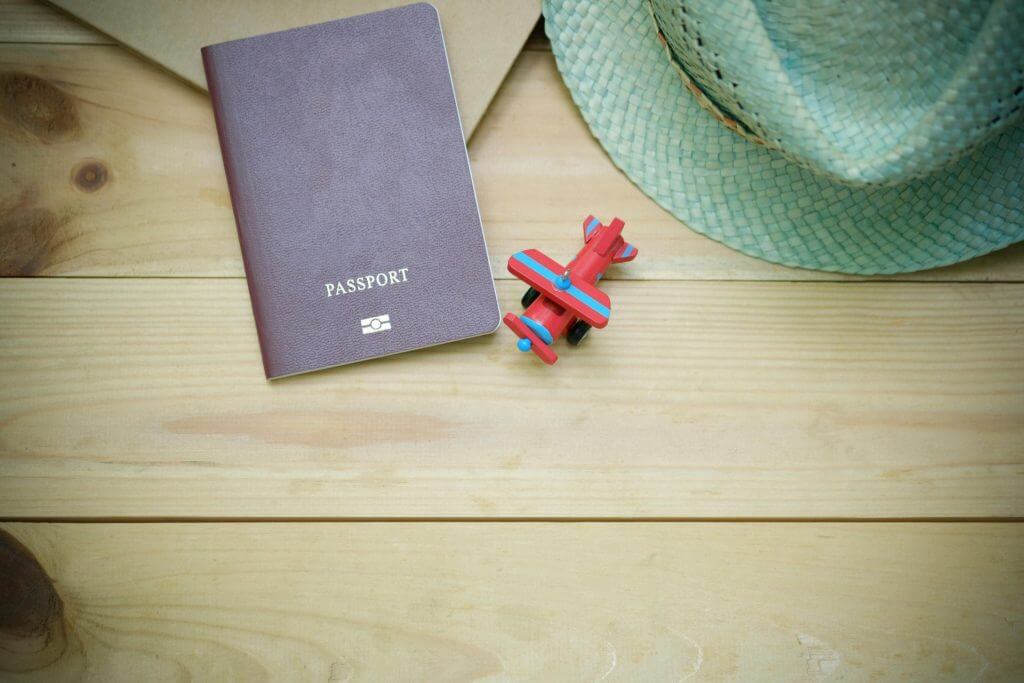
Conclusions and Final Considerations
The consular interview is a key step in your visa and/or residency application. As the point at which consular officers review your eligibility, this interview may determine the success or failure of your application. Therefore, it is important not only to gather the necessary documentation, but also to prepare for your interview.
In this regard, an immigration lawyer can be essential not only to gather the necessary documentation, but also to prepare it properly. Don’t risk your future by facing the consular process alone. At Zava Immigration Law Group we are here to help you. Talk to an attorney today and get the legal help you need.
Sources
US Department of State – Immigrant Visa Process
Other Resources
Consular Processing: A Step-by-Step Detailed Guide
How To Start On The Road To U.S. Citizenship
Form N-400: Road To Citizenship
How to Apply for Permanent Residency for a Family Member, Step by Step
Wife To Husband Family Petition: Complete Guide To 2024
I-130 Family Petition: What You Should Know
How To Cancel An I-130 Petition Step By Step
Exploring the Different Categories of Family Residency in the U.S.
